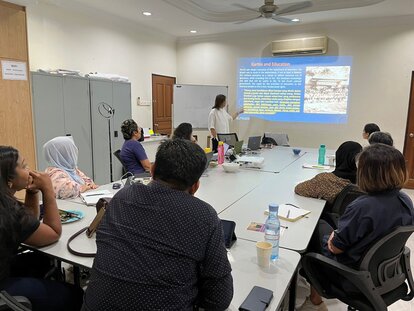FNFSPOTLIGHT
The Emancipative Commitment: Readings on Woman Discourse
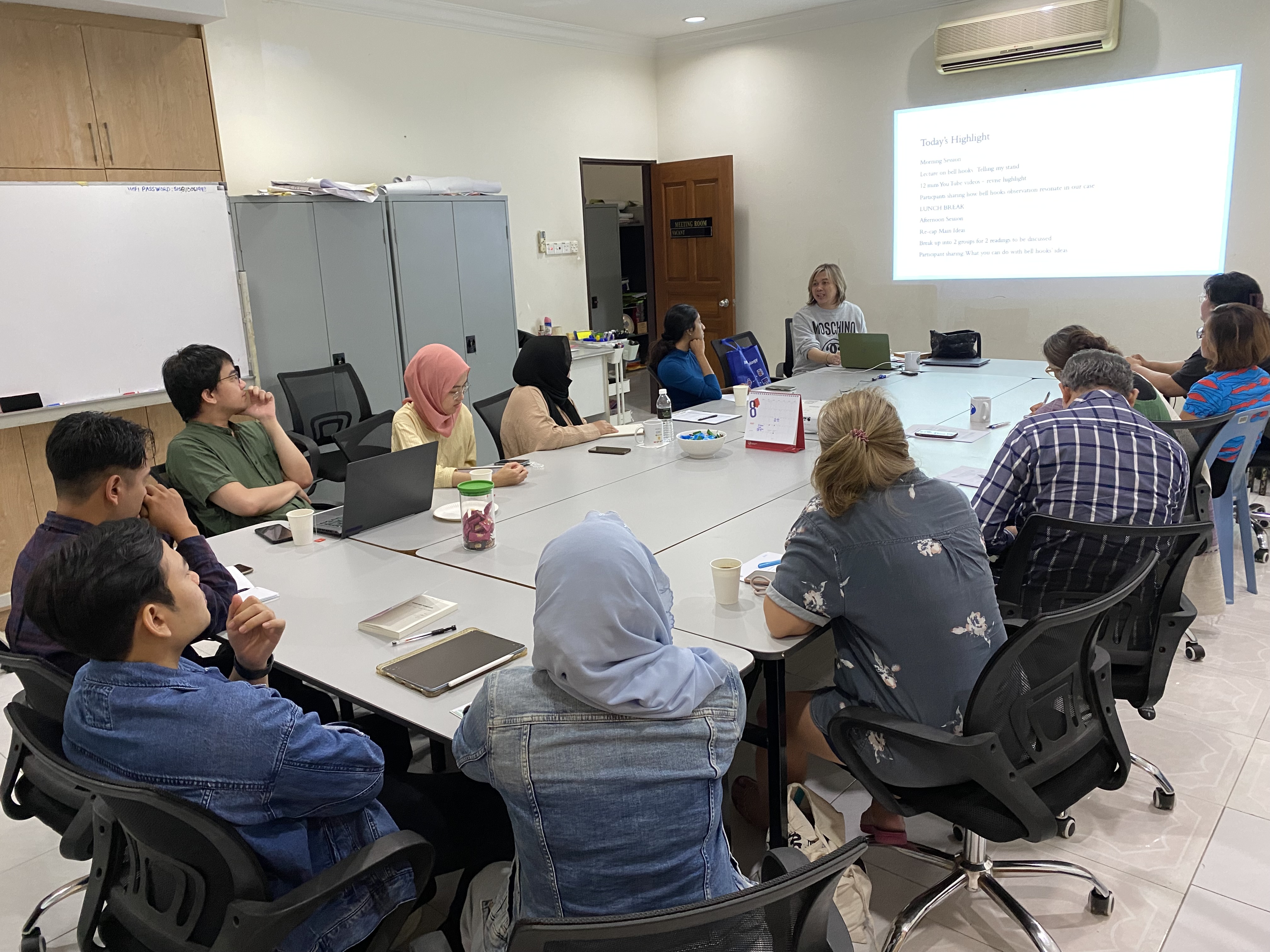
This year, Sisters In Islam has organised a series of reading sessions on women scholars who contribute in the area of progressive and humanist discourse in various fields. The series was named “The Emancipative Commitment: Readings on Woman Discourse”. Four scholars and thinkers from the East and West have been selected for the series, and they were Nancy Fraser, an economist; bell hooks, a woman and civil rights activist; Arundhati Roy, human rights activist and a writer; Romila Thapar, a historian; and Kartini, an educationist and women’s rights during her short lifetime. This reading session series was led by Dr. Azhar Ibrahim, a senior lecturer at the Malay Studies Department, National University of Singapore.
The series commenced with a discussion of Nancy Fraser's work, "On Recognition and/or Redistribution," which explored the intersection of recognition and redistribution in the context of women's issues. Dr. Azhar Ibrahim emphasized the importance of a committed approach to addressing women's challenges. The discussion focused on Fraser's argument that gender justice requires both recognition and redistribution, with a particular emphasis on the limitations of identity politics. Additionally, the session addressed contemporary issues faced by women in the Nusantara region, highlighting the need for a holistic approach combining identity politics and addressing socioeconomic disparities to achieve gender justice.
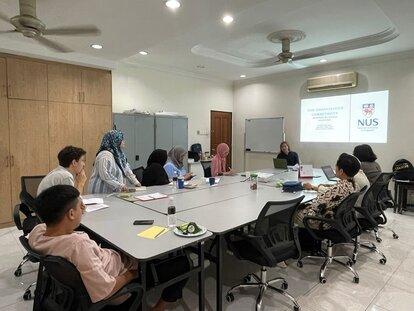
The reading session on bell hooks' work, titled "Emancipatory Method," centered on inclusive feminist theory in the context of women's emancipation. Dr. Azhar Ibrahim emphasized the importance of making feminist theory accessible and inclusive. The discussion revolved around bell hooks' approach, which recognized the transformative potential of pain and struggle. Hooks' work challenged traditional educational norms, emphasizing that learning can emerge from hardship. Participants explored the sources of pain experienced by women and men, reflecting on gender dynamics within hooks' framework.
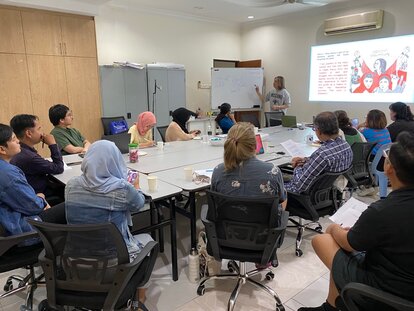
The third session, "Voices of Conscience," focused on Arundhati Roy and Romila Thapar, examining their shared concerns related to emancipation in the Indian subcontinent. The morning session delved into Arundhati Roy's discourse, addressing complex challenges facing Indian society. Roy emphasized the role of conscious writers in challenging prevailing ideologies and advocating for justice. In the afternoon session, the focus shifted to Romila Thapar's discourse, emphasizing the role of history in combating communalism, critiquing colonial perspectives, and discussing the importance of historical context and sociological perspectives in studying history. The session highlighted the significant contributions of these female thinkers to broader discourse and the importance of their voices in discussions of justice and heritage.
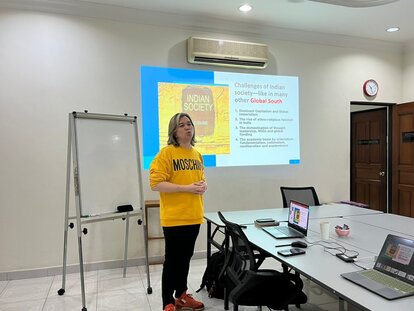
The final session of the series, dedicated to Kartini and titled "Not Just Patriarchy," highlighted her as an Indonesian symbol of women's emancipation. Kartini's legacy encompassed advocacy for women's rights, education, economic independence, and addressing broader societal challenges. Her commitment to humanist activism and empowerment of marginalized communities shed light on the complex dynamics of oppression and discrimination. In summary, Kartini was not just a pioneer for women's rights; she was a thought leader who championed various societal issues with a humanist core.
